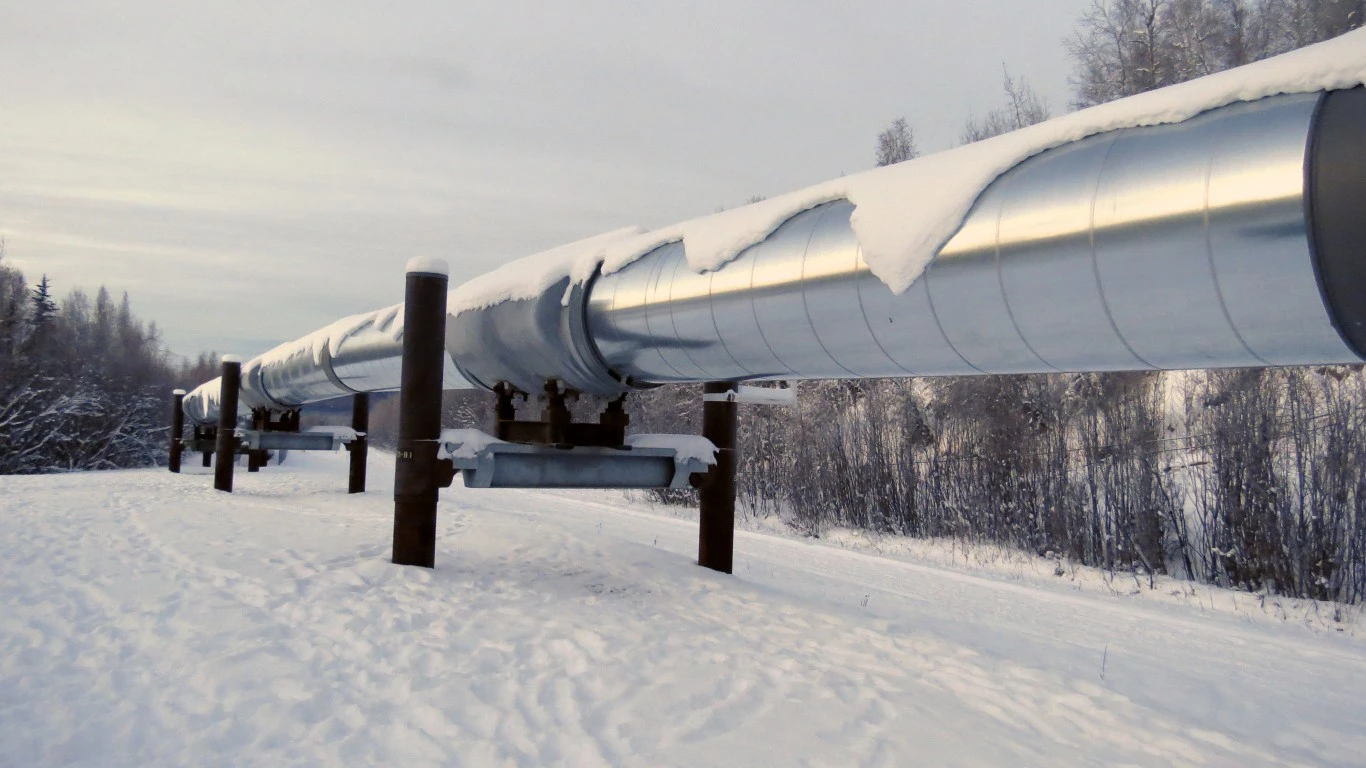
By Bill Sternberg, Callaway Climate Insights
(Bill Sternberg is a veteran Washington journalist and former editorial page editor of USA Today.)
WASHINGTON, D.C. (Callaway Climate Insights) — Russia’s brutal war on Ukraine has scrambled the climate debate here in ways that were nearly unthinkable just months ago.
Last year, the fossil fuel industry was on the defensive. On his first day in office, President Joe Biden killed the Keystone Pipeline project to carry oil from western Canada to U.S. refineries. Later in 2021, the House of Representatives passed a bill that would have raised more than $100 billion in revenue from fossil fuel interests, restricted drilling in the Arctic National Wildlife Refuge, increased royalty fees for drilling on federal land, and imposed an escalating charge on methane emissions. The Securities and Exchange Commission began drafting rules to force corporations to disclose carbon emissions and climate risks. Activist investors portrayed the major energy companies as dinosaurs and pressed them to move more quickly toward decarbonization.
What a difference an invasion makes. In the wake of Russia’s attack, Big Oil is making a big comeback. Abiding by the adage that “a crisis is a terrible thing to waste,” industry executives and their congressional allies are using the war to press for pipeline approvals, more drilling rights and greater exports of natural gas. . . .
To read more of this column, all our insights, news and in-depth interviews, please subscribe and support our great climate finance journalism.





